The islands and cays that make up the Turks & Caicos archipelago are hotspots for biodiversity and incredible wildlife.
There are many different ecosystems, above and below the water. From beaches, coves, rocky cliffs and tidal pools to reefs, mangrove forests, caves, wetlands and inland ponds.
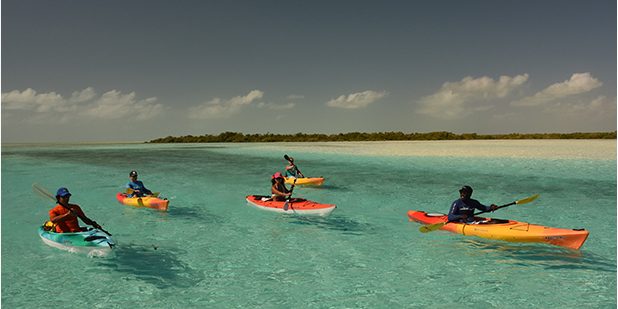
Several National Parks and protected areas are designed to preserve the natural delights of the islands. Princess Alexandra National Park, which includes the world-famous Grace Bay beach, attracts the most eco-tourists of any protected area in the Turks and Caicos.
The islands are even home to a very special national treasure, JoJo the Dolphin, a much-loved and surprisingly friendly inhabitant of the shallow waters!
So, as well as relaxing on the beautiful beaches and enjoying the many activities on offer, make sure you spend some vacation time discovering the incredible land and marine wildlife.
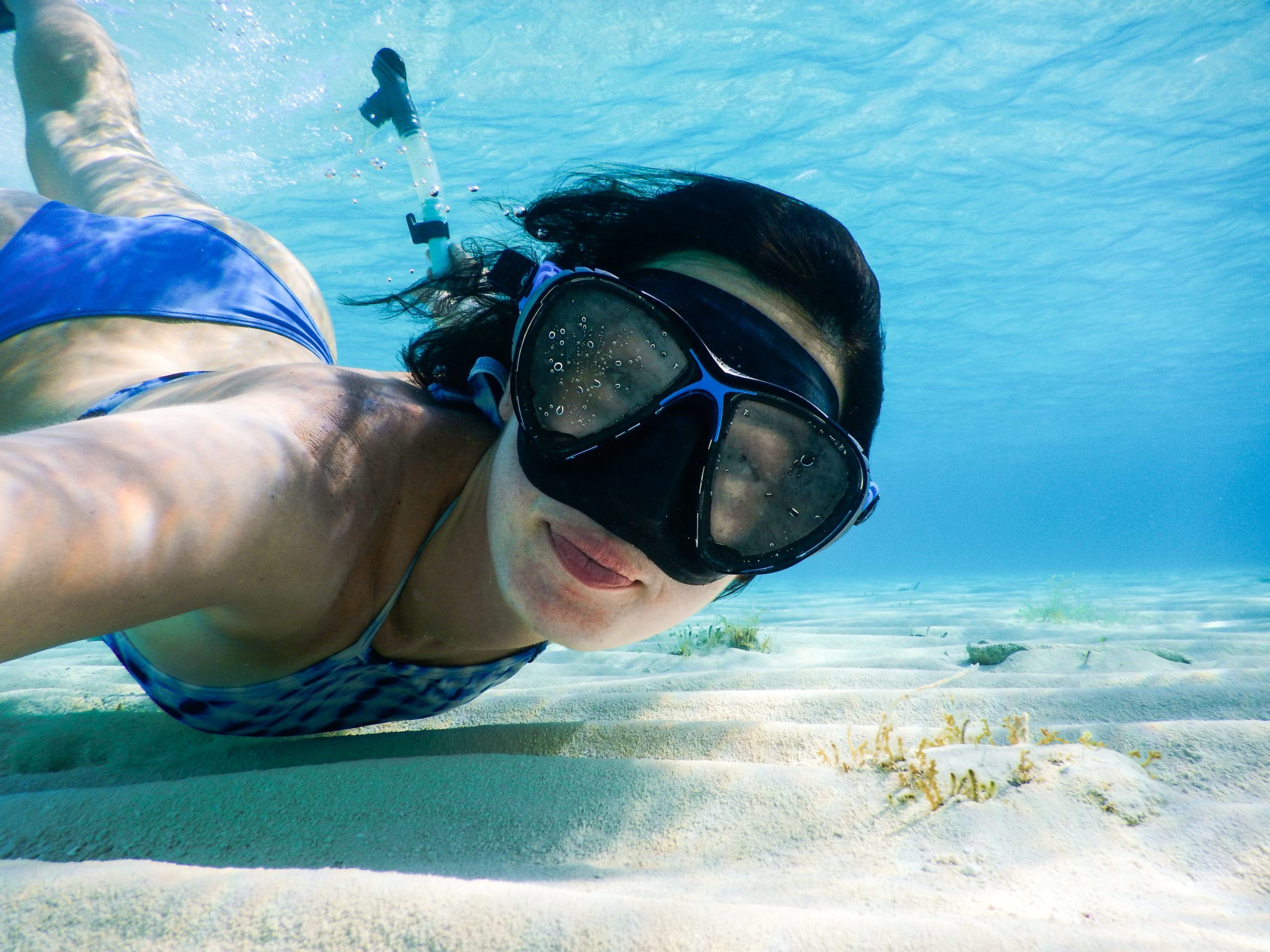
The Reef
There is around 340 miles of barrier reef surrounding the Turks & Caicos Islands making it one of the best – and among the biggest – reefs in the world. Around 60 species of coral and over 250 different fish species are estimated to live on the reefs, attracting divers from around the globe.
Much of the natural coral reef can be accessed directly from the beaches, such as Bright Reef on Providenciales. Companies like Big Blue Collective also run low-impact snorkeling and diving tours.
When you explore this magical underwater world, you’ll discover green turtles, stingrays, fish, rays, sponges, and more. You might spot grey reef sharks around the barrier reef and nurse sharks & lemon sharks in the wetlands but don’t worry, these species shouldn’t bother people, as long as we don’t bother them.
JoJo the Dolphin
JoJo the dolphin is a wild Atlantic bottlenose dolphin who loves to interact with humans. In 1989, he was declared a national treasure by the Turks & Caicos Islands government and you can even follow him on Instagram @jojothedolphin. He has his own specially appointed warden to protect him, making him a true VIP (in suitably luxurious surroundings!).
While you’re vacationing on the islands, you might see him swimming in the waters of Grace Bay Beach and in the cays of the eastern end of Providenciales
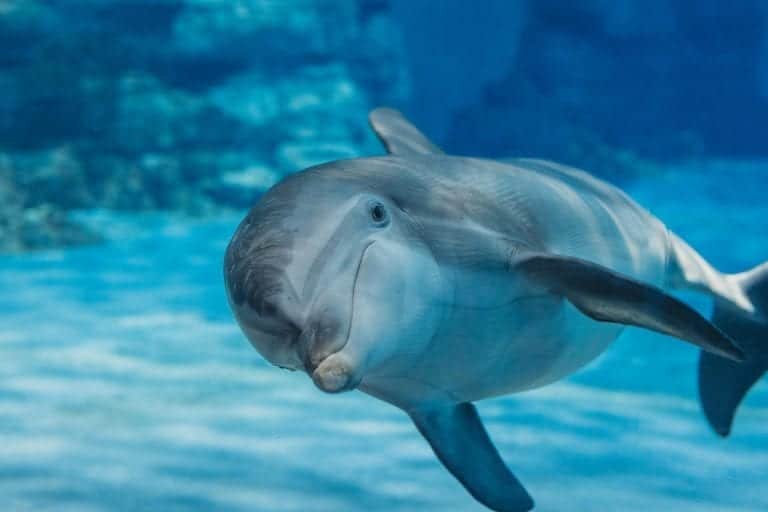
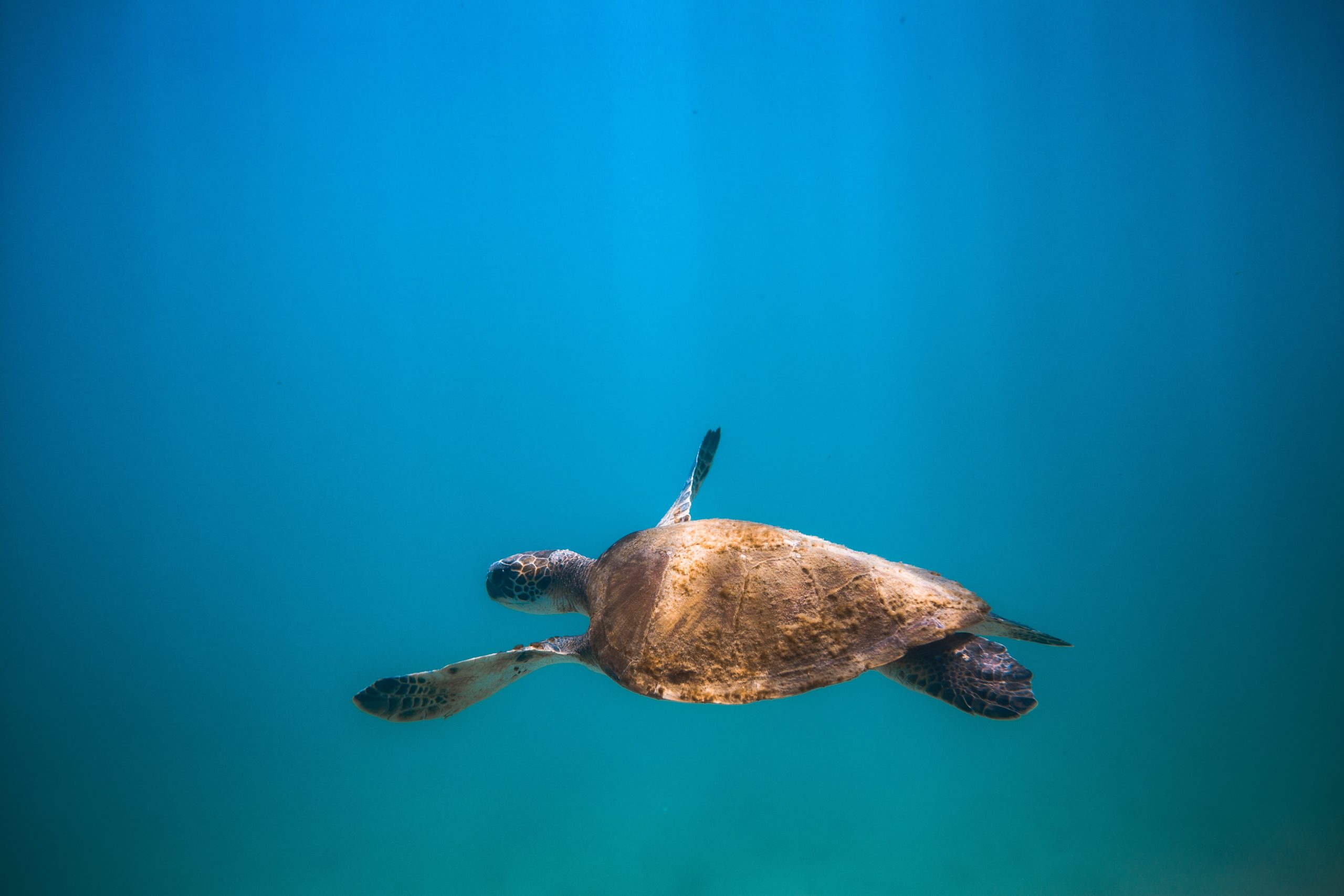
Sea Turtles
The islands are home to green sea turtles, ancient creatures who have been around on earth for over 100 million years. Their striking colour reflects their delicious diet of sea grasses, algae and marine plant life.
These beautiful, symbolic mammals can weigh up to 500 pounds, grow up to 5ft and power through the water at speeds of up to 15mph. A great place to spot them is Coral Gardens in Providenciales, where they often feed on the sea grasses a short distance from the shore. They can also be spotted around Grand Turk.
The females lay their eggs on sandy beaches around the islands between May and October, usually at night. Conservation projects have been set up to try and safeguard the turtles who are under threat due to unsustainable fishing.
Endangered Rock Iguanas
Iguana Island (Little Water Cay) is a short boat trip from Providenciales. Here you can visit the critically-endangered rock iguanas. They grow up to 30cm making them the largest indigenous land animals still alive in the country, but only about 50,000 are left in existence.
National trust guides take tours along Iguana Island’s boardwalk trails so tourists can see the iguanas without harming them in any way.
Long Cay in South Caicos is another great place to spot green iguanas (they do peck a little so be careful)
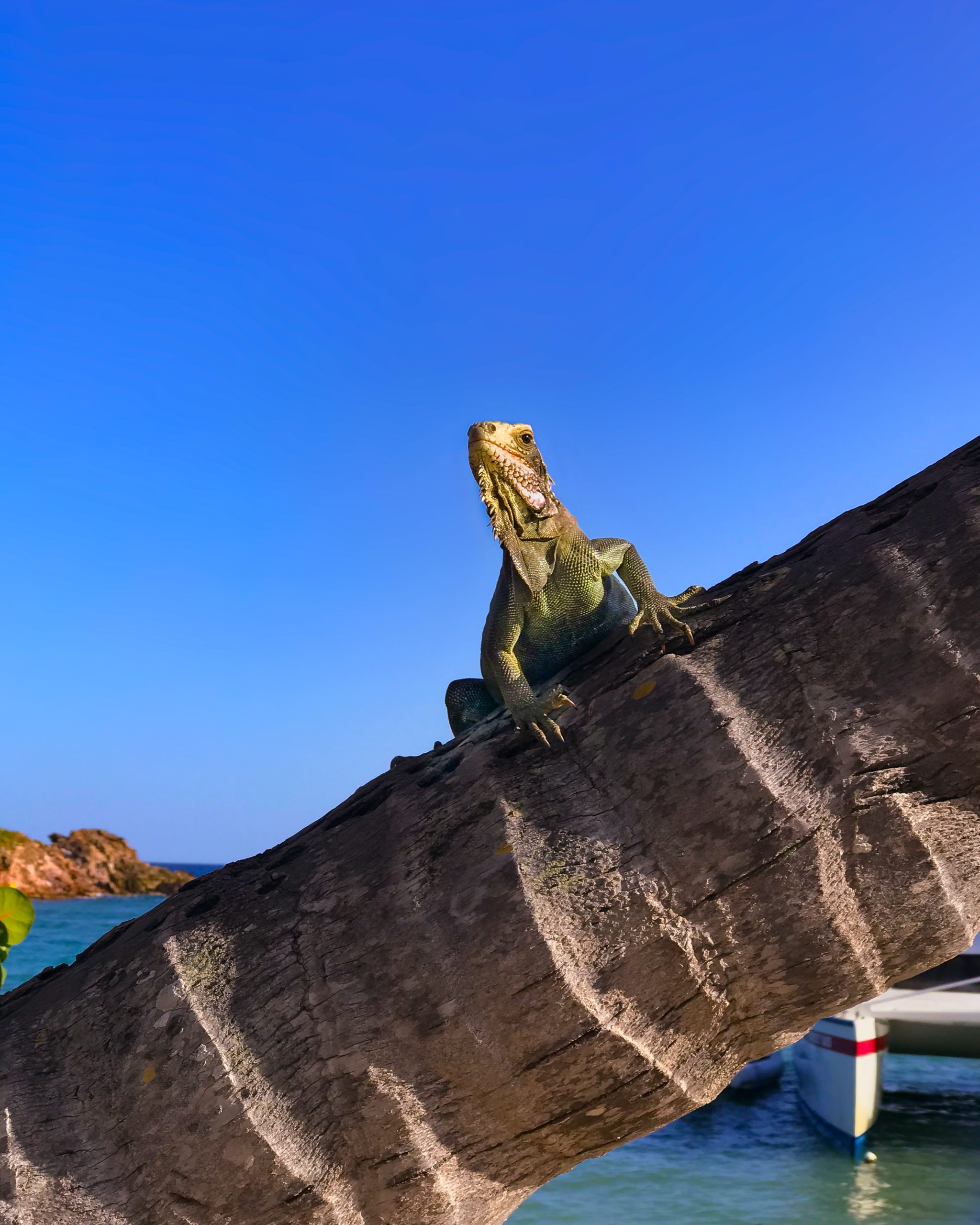
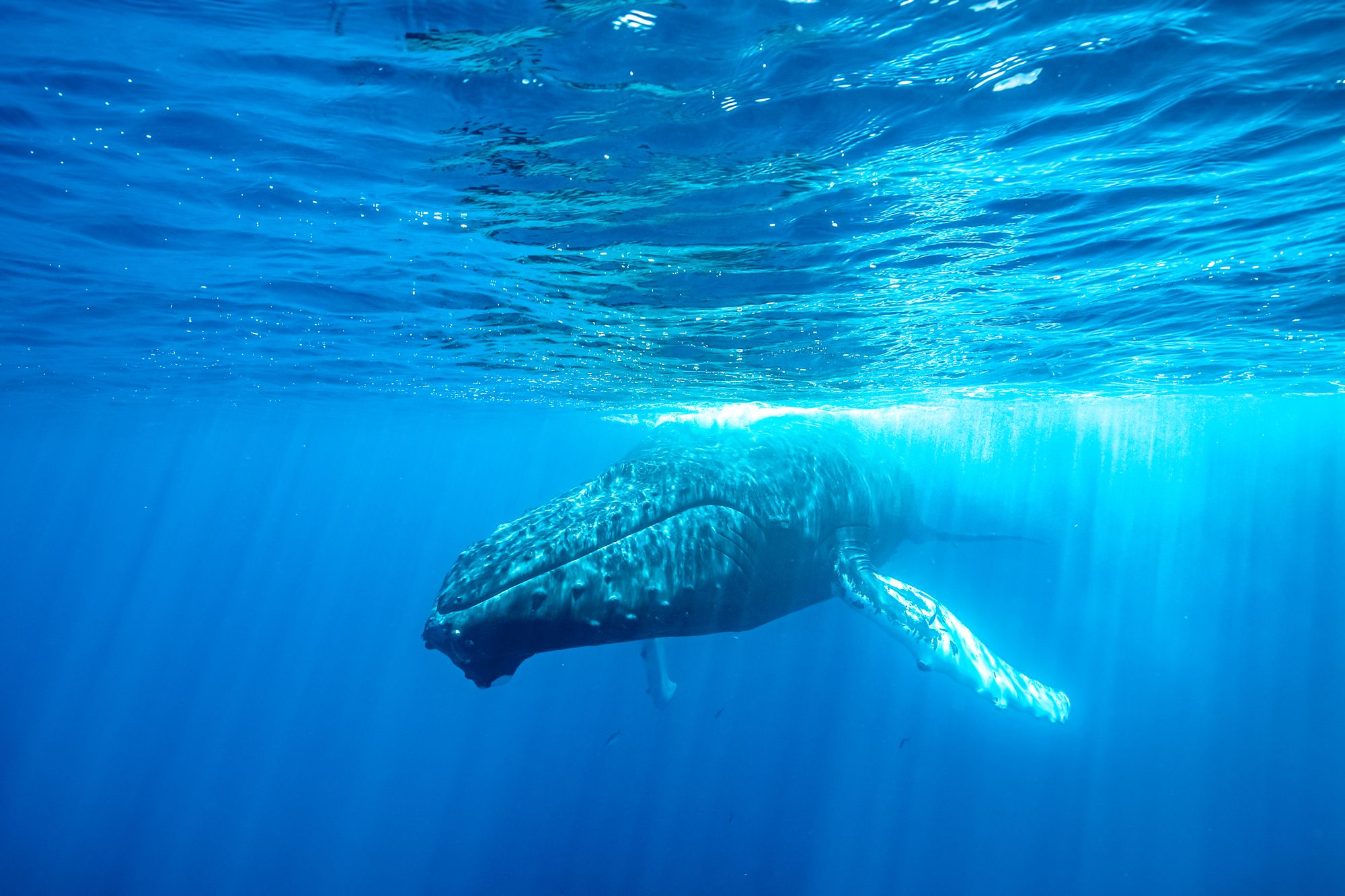
Whale Watching
Salt Cay Divers offers incredible eco whale watching excursions during migration season (from January to early April) when humpback whales travel from cold to warmer waters to give birth and mate.
These magnificent creatures are often spotted in The Turks Island Passage, a deep trench of up to 7,000ft close to Salt Cay that separates the Turks Islands from the Caicos Islands. Some of the whales are thought to originate from as far away as north-west Europe, Greenland, Iceland and Canada.
Birdlife
Over 200 species of birds, including green herons and cattle egrets, have been observed on the islands, particularly if you venture off the beaten track to more remote areas.
Flamingos are found throughout the Turks & Caicos but it’s not certain whether nesting takes place on the islands.
The interior ponds at Northwest Point are some of the best birdwatching spots on Providenciales, and particularly impressive when the ocean swell is high. You might spot pelicans, ospreys, herons, oystercatchers and many other species.
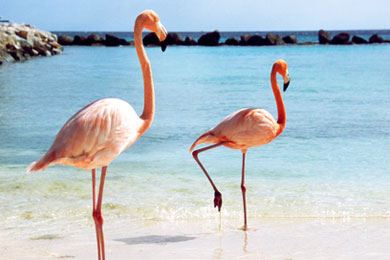
Responsible Tourism
When exploring the wildlife, we always recommend taking advice from your resort or travel operator about the safest and most environmentally responsible ways of spotting some of the incredible species that call the islands home.
Many local companies, like Big Blue Collective and Rising Tide Tours, offer low-impact eco-tours of the land and marine wildlife, some of which is endangered. Protection and preservation are vital if we want to wonder at the biodiversity for generations to come and, for this reason, fishing is banned in all of the National Parks.
We love to see photos of the wildlife you spot on your vacation. Make sure you tag us @turks.and.caicos.experiences on Instagram and follow #BeautifulByNature to see the latest images of the islands’ natural delights.
Get in touch with us today for expert advice on your vacation to the Turks & Caicos Islands
